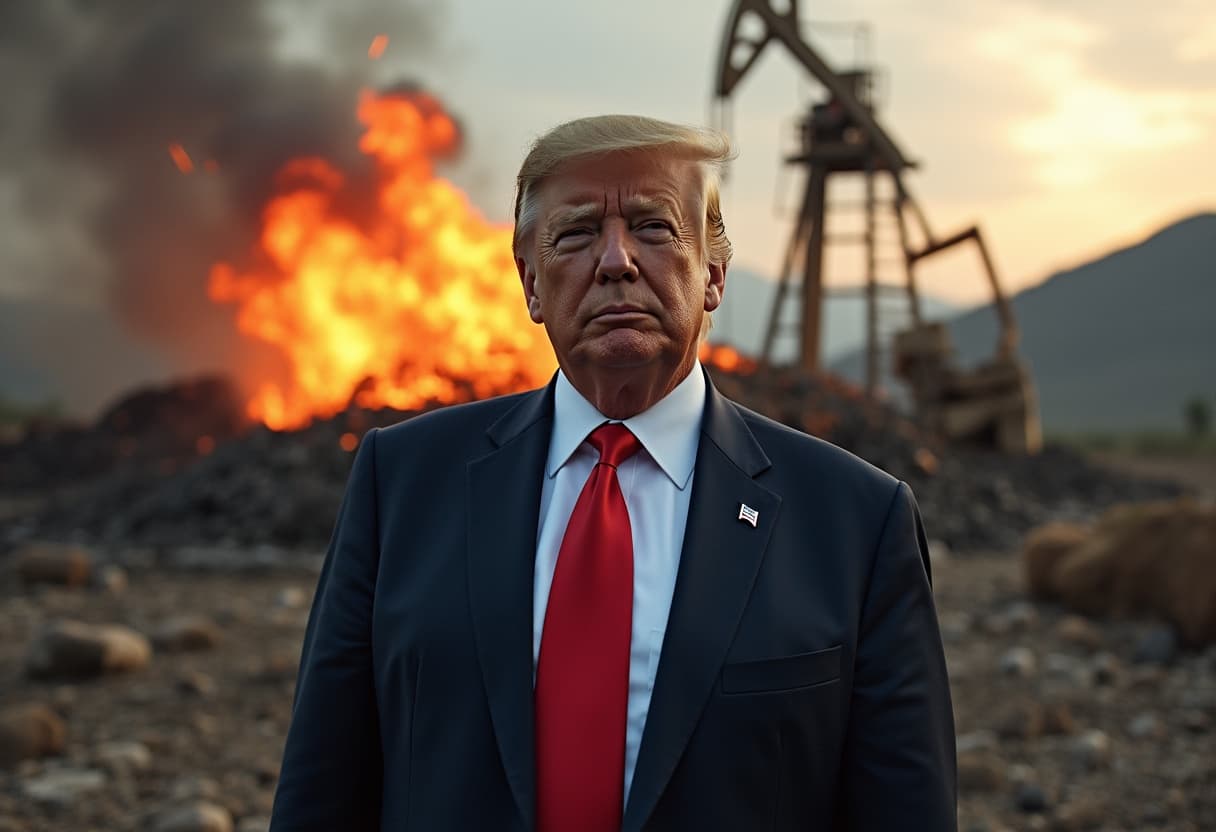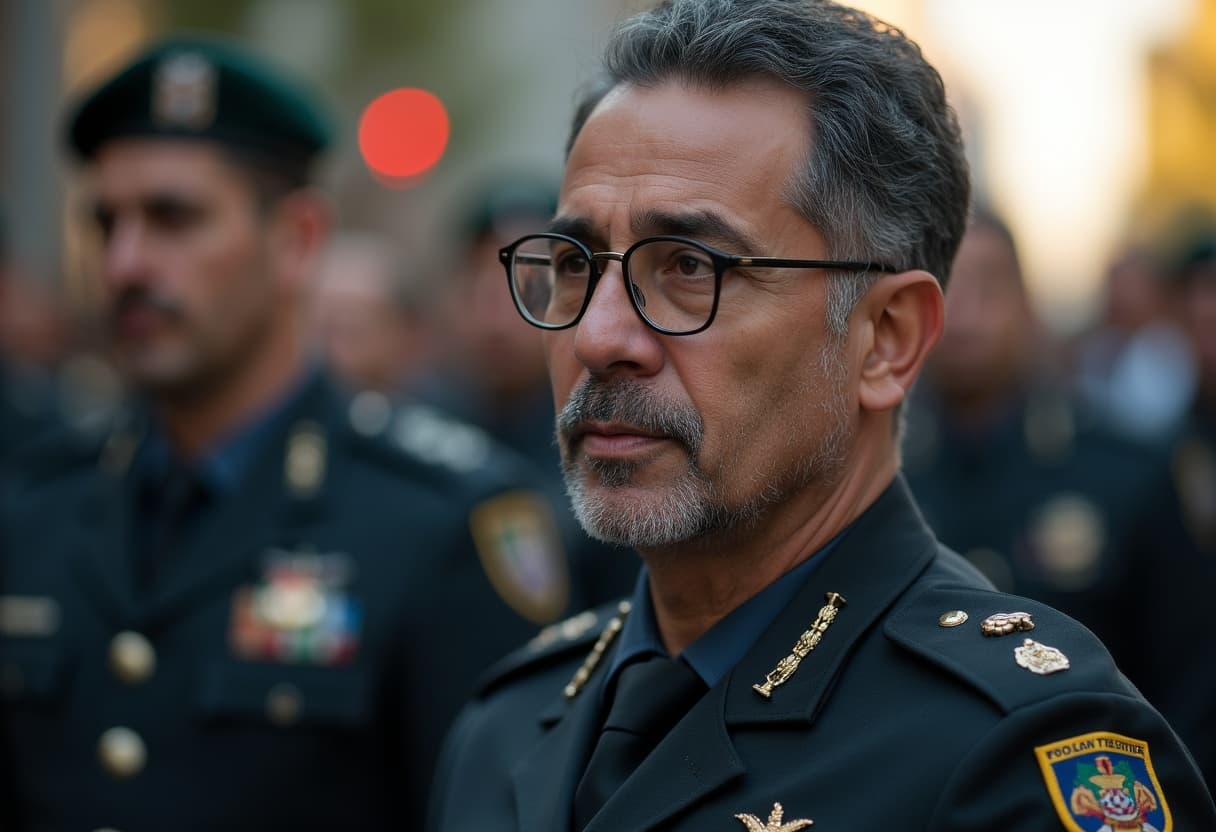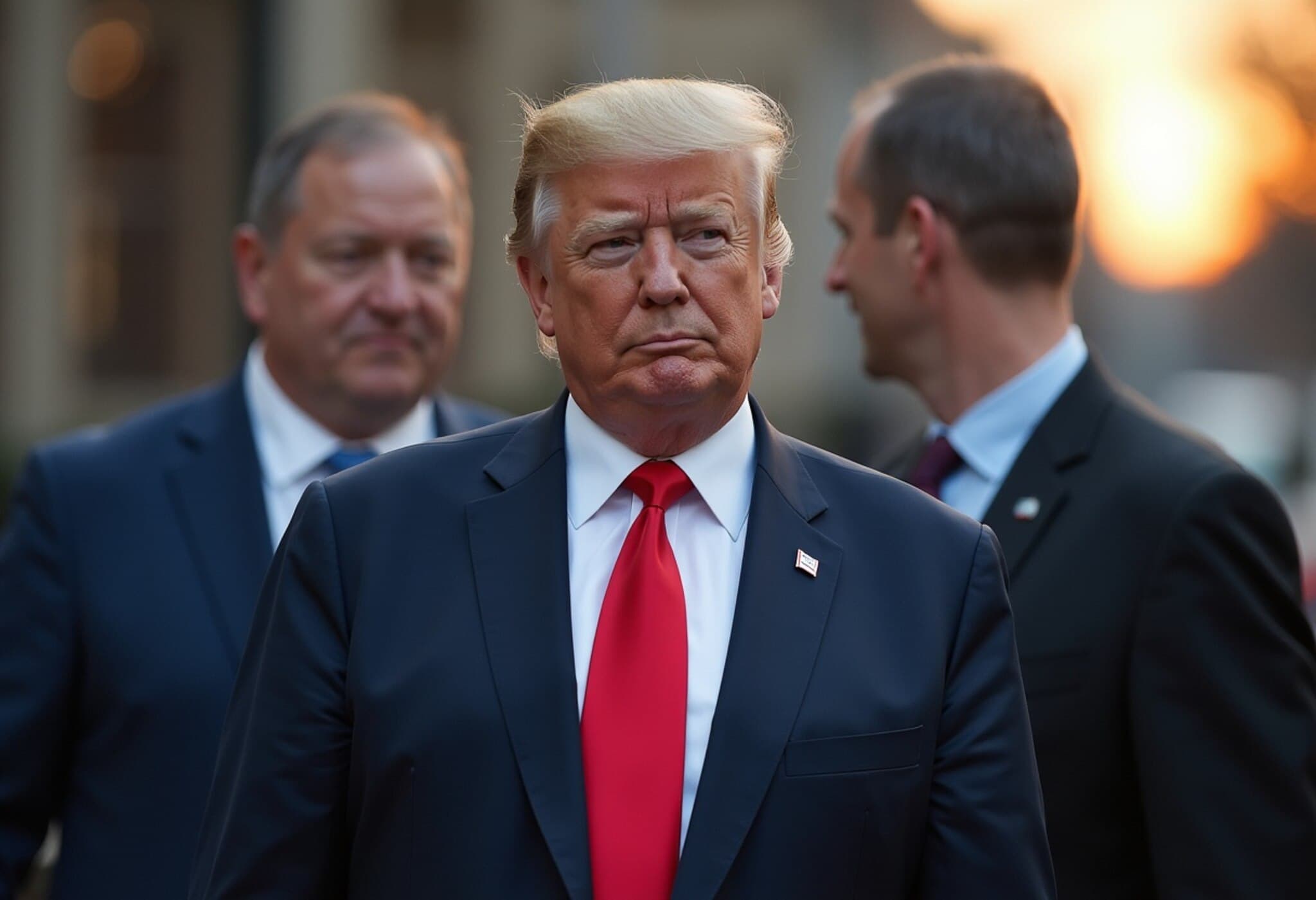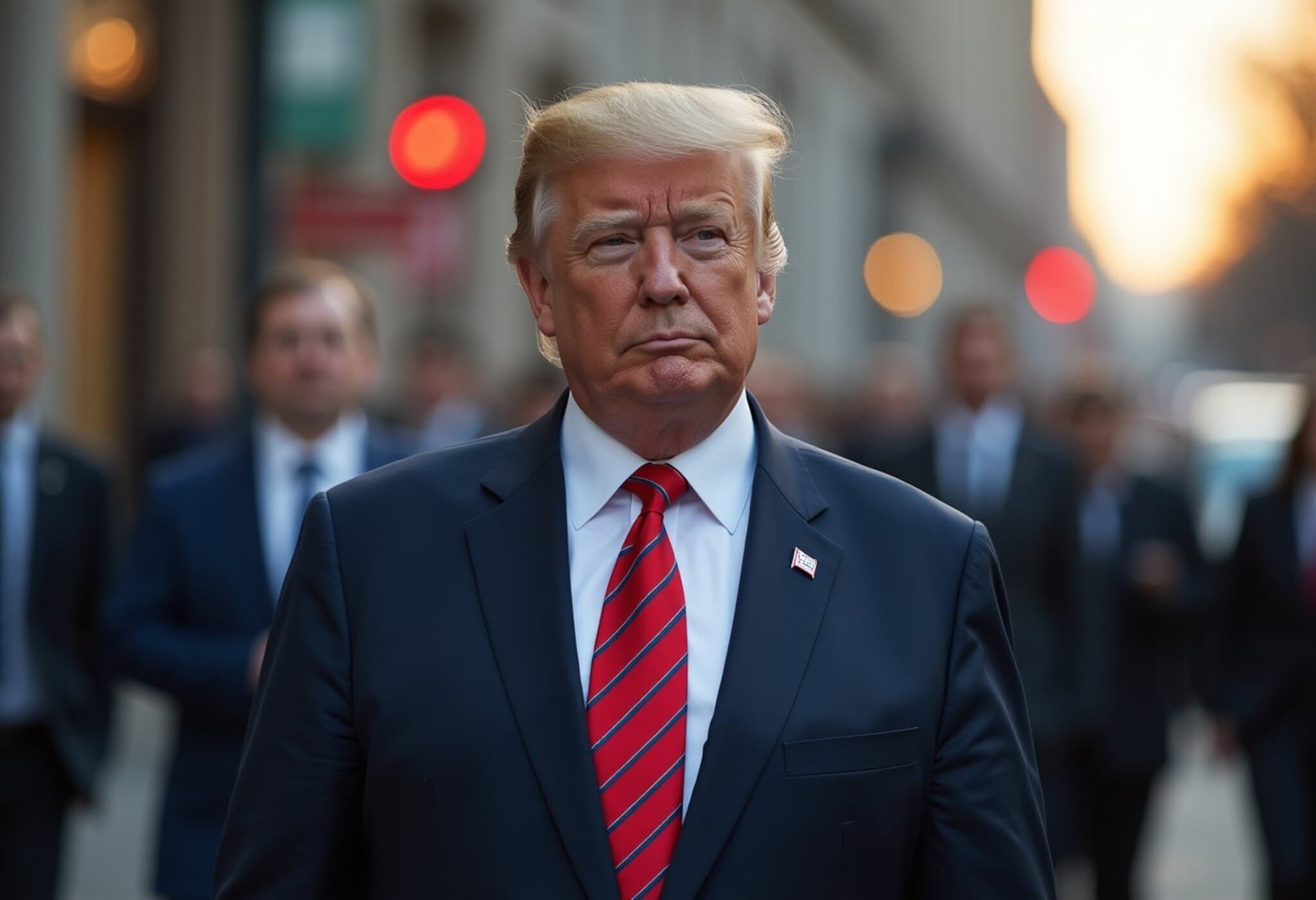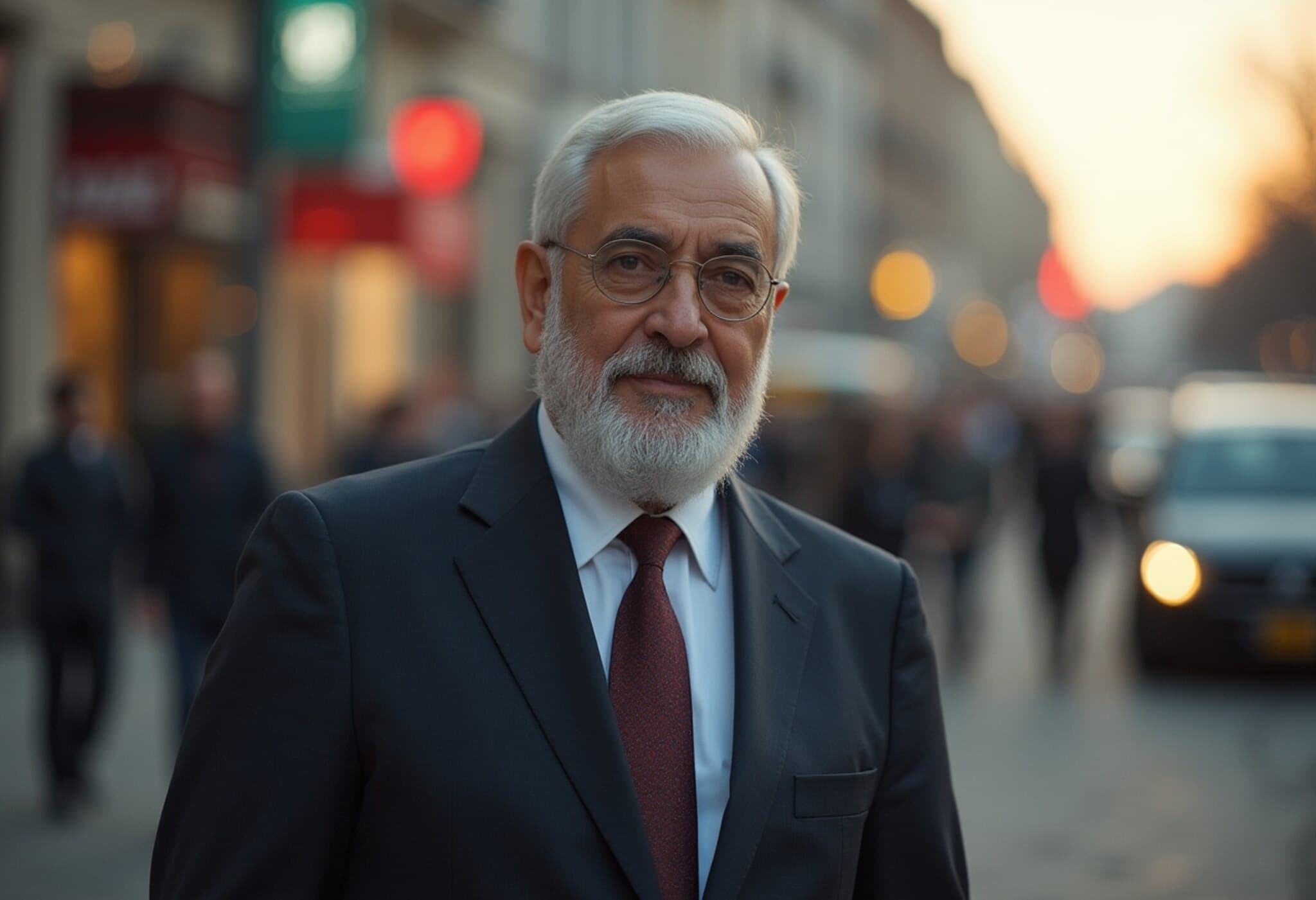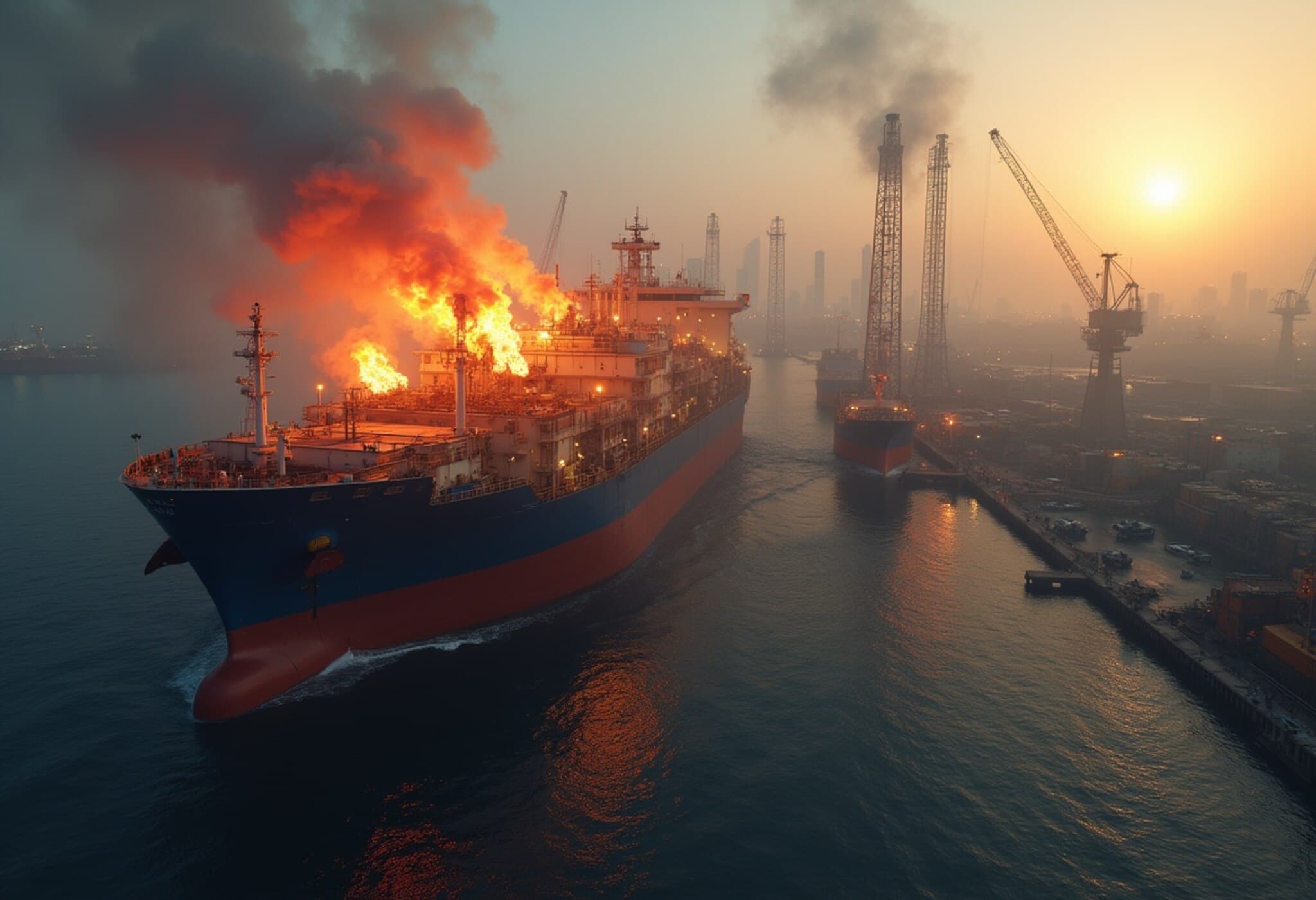EU Expresses Deep Regret Over US Sanctions on UN Human Rights Investigator
The European Union has voiced strong disapproval of the recent decision by the United States to impose sanctions on Francesca Albanese, the United Nations Special Rapporteur on human rights in the occupied Palestinian territories. The EU spokesperson, Anouar El Anouni, stated on Friday that the move is deeply regretted and emphasized the bloc's unwavering support for the United Nations human rights framework.
Background: US Sanctions Target UN Official Amidst Heightened Tensions
On Wednesday, US Secretary of State Marco Rubio announced the addition of Ms. Albanese to the US sanctions list. The justification cited was her involvement in work that allegedly led to what the US government deems "illegitimate prosecutions" of Israelis at the International Criminal Court (ICC).
Albanese, whose mandate involves documenting and reporting on human rights conditions in Palestinian territories occupied by Israel, has been notably outspoken. In her recent report, she implicated over 60 companies—including several US-based firms—in activities supporting Israeli settlements in the West Bank as well as military operations in Gaza. These findings highlight the complex intersection of business operations, international law, and conflict zones.
Expert Perspectives: The Legal and Political Implications
This sanctioning of a UN Special Rapporteur raises important questions about the protection of human rights experts and the politicization of international judicial processes. As one legal analyst notes, "Sanctioning a UN investigator for performing her duties undermines the impartiality and independence that are the bedrock of international human rights monitoring." It also signals an increasing friction between US foreign policy objectives and multilateral human rights institutions.
Moreover, this development places a spotlight on the broader debate surrounding the International Criminal Court and its investigations into alleged war crimes committed by parties in the Israeli-Palestinian conflict. While the US government has historically expressed skepticism toward the ICC’s jurisdiction, the sanctions against Albanese represent a more confrontational stance that may impact US relations with the UN and European allies.
European Union’s Position and Regional Relevance
The EU’s firm backing of the UN human rights system illustrates a commitment to multilateralism and international law, contrasting with the unilateral sanctions imposed by Washington. It also reflects the EU’s broader diplomatic role in the Middle East peace process, where the status of Palestinian territories remains a sensitive issue.
From a regional policy perspective, this controversy underscores the challenge for global institutions trying to navigate the Israeli-Palestinian conflict amid conflicting national interests. European nations, many of which support the ICC, continue to advocate for adherence to international legal frameworks while also balancing strategic ties with Israel and the United States.
Looking Ahead: What This Means for Human Rights Monitoring
- Implications for UN Investigators: The sanctioning sets a potentially troubling precedent that could deter human rights experts from robustly reporting abuses.
- Impact on International Justice: It raises doubt around the ICC’s ability to function free from political interference.
- Diplomatic Tensions: The EU-US divergence may complicate future collaboration on Middle East peace efforts.
Ultimately, the situation illustrates the fragile nature of international human rights enforcement when geopolitical stakes are high.
Editor’s Note
This episode presents a critical juncture in the intersection of diplomacy, human rights, and international law. The EU’s condemnation juxtaposed with US sanctions on a UN expert reveals underlying tensions shaping global governance. Readers should reflect on the delicate balance between protecting human rights defenders and the political realities influencing international justice. As this story unfolds, it is vital to watch how these actions affect both the legitimacy of human rights investigations and the broader peace process in the region.




